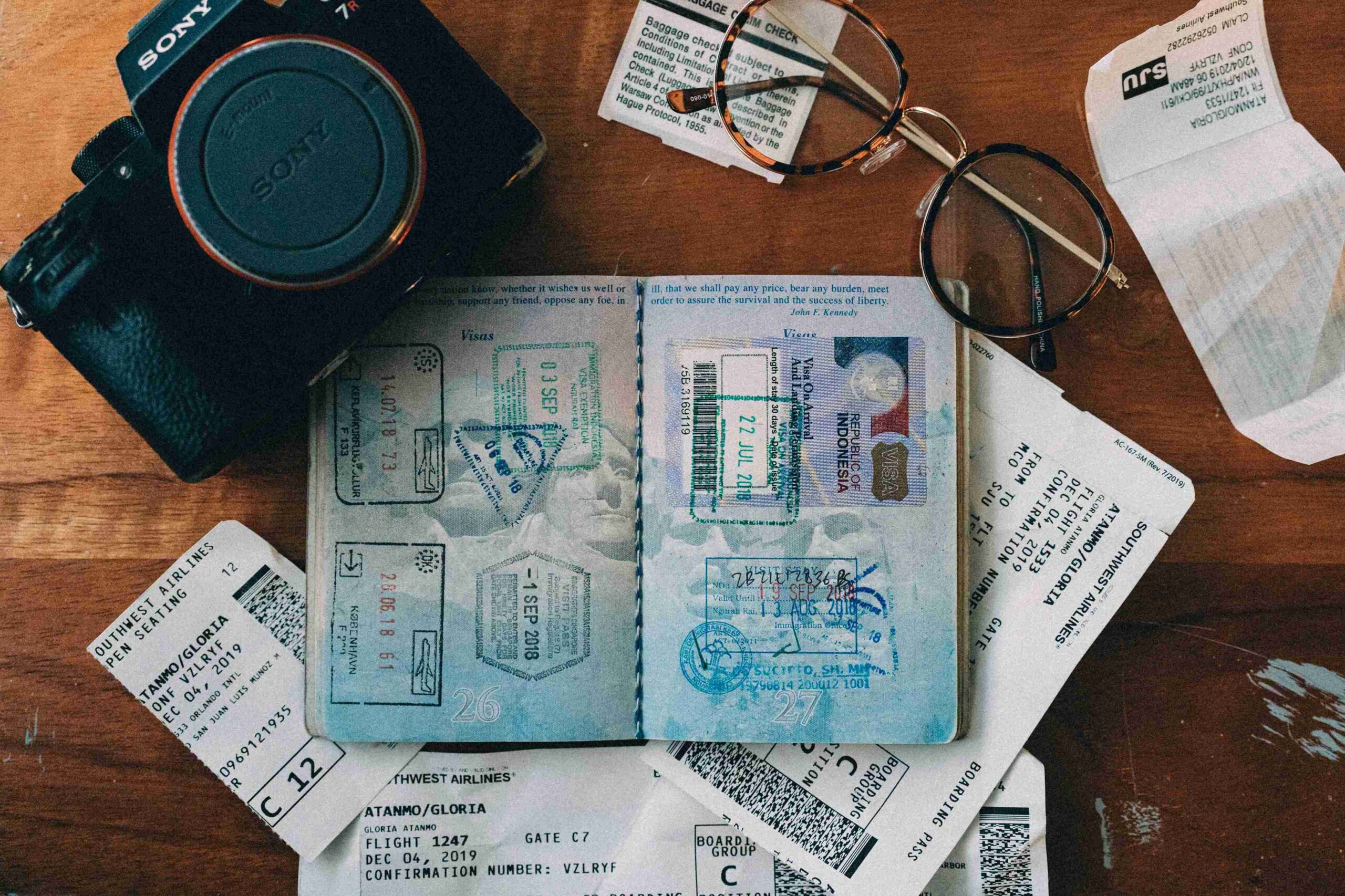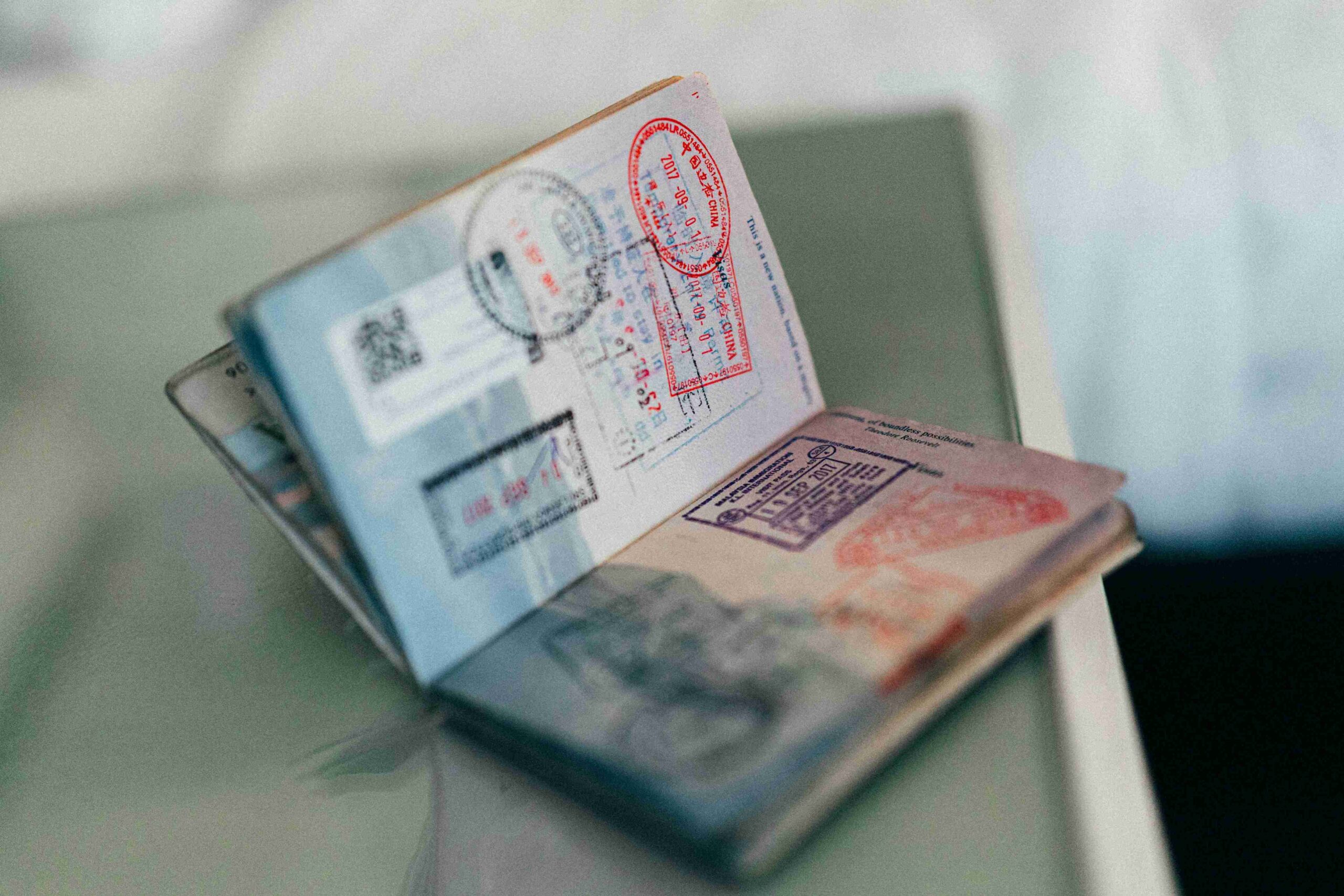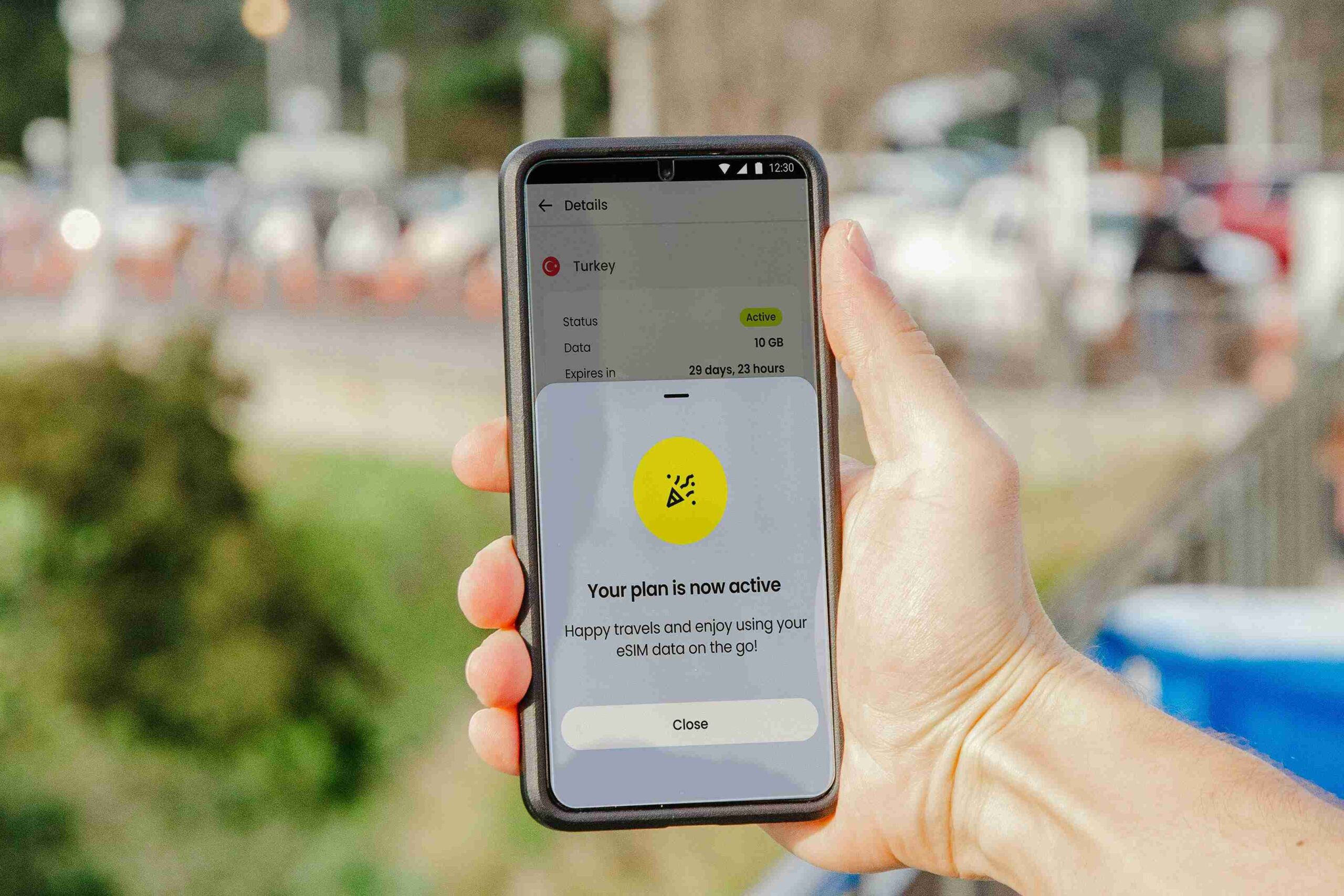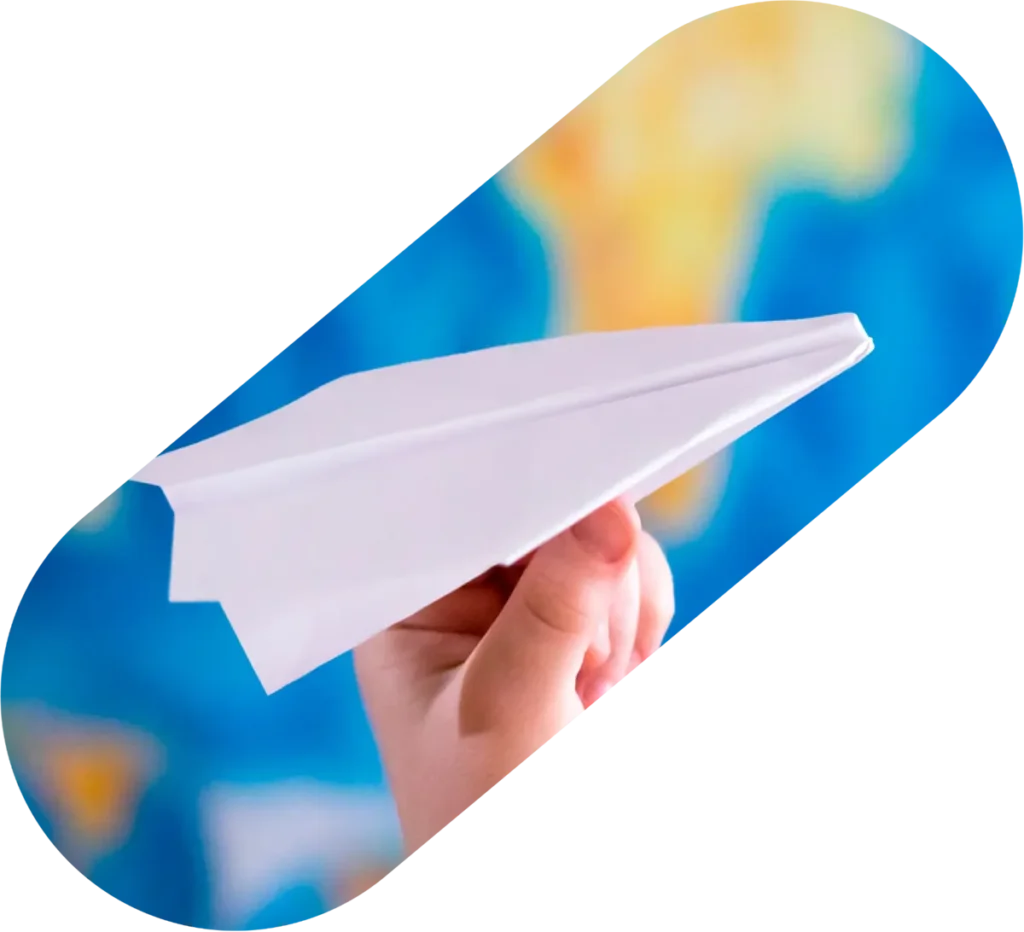So, you’re setting out to be a globetrotter for the first time? You’re not the only one.
In 2017, the National Travel and Tourism Office reported that more than 74 million Americans traveled abroad throughout the year. That statistic, while it might seem overwhelming, isn’t surprising. Whether people are studying, working or vacationing abroad many Americans are feeling urged to discover all that the world has to offer.
While there’s an exhilarating sense of excitement that comes with venturing out to new places, there’s also a lot to consider before you head out of your home country for the first time. These tips aren’t just another packing list. They’re meant to help you dive in and truly experience your destination like a savvy traveler.
How to Travel Internationally Like a Pro
Practice Cultural Sensitivity
It is important to do the appropriate research before you leave.
“When preparing for your first trip abroad, don’t just research things like the best hotels, restaurants, and things to do,” said Sarah Schlichter, SmarterTraveler senior editor. “You’ll also want to spend a little time reading about cultural norms and taboos in your destination. This way you’ll avoid offending locals or draw unwanted attention to yourself.”
Schlichter recommends finding information about cultural norms in travel resources like magazines or on the U.S. State Department’s website.
“For example, in many parts of Italy you must cover your shoulders before visiting churches,” said Schlichter. “In Japan, it’s considered rude to blow your nose in public or to walk on tatami mats—such as those you’d find in a ryokan—without removing your shoes. In certain parts of the world, homosexuality is frowned upon, and public displays of affection between same-sex partners could draw unfriendly or even dangerous attention.”
Every culture is different and it essential to be respectful while visiting other countries.
Create a Flexible Itinerary
A common mistake travelers make is to pack their schedules too tightly. It’s best to leave room for possible changes throughout your trip. Sometimes air-tight plans also tend to make visitors get wrapped up in going from place to place and forget to take time to enjoy the current location. Consider starting your trip with a hop on hop off bus tour to help you familiarize yourself with the terrain, acquaint yourself with the city, and figure out what neighborhoods and landmarks you may want to visit in detail later.

Determine the Need for a Visa
A travel visa is a country’s way of permitting foreigners to be there. There are various types of visas—including tourist and work visas—that limit the amount of time a person can be in the country legally.
“When planning for your [first] international trip, make sure to do these two things well ahead; check that your passport is up to date and carefully research if you need a travel visa for any of the countries you will be visiting,” said Janet Hanpeter, former travel agent and blogger with Planet Janet Travels. “You can avoid a travel disaster by having the proper documentation. If not, you might be denied boarding on that flight to your dream destination.”
Once you’ve determined whether you’ll need a visa, an application can usually be filled out online on the destination’s government website.

Register With the Embassy
This step is not required but is recommended by the U.S. Department of State Bureau of Consular Affairs office. The bureau offers “STEP,” or Smart Traveler Enrollment Program, a free program that allows U.S. citizens and nationals to register their trip with the nearest U.S. Embassy or Consulate.
“I think it’s a good idea [to register with the U.S. STEP program],” said Hanpeter. “I am going to Morocco in October [2018], so I will definitely register that trip with STEP.”
Enrolling gives travelers the opportunity to receive relevant information about safety conditions and can help the U.S. Embassy contact travelers and their families in the event of an emergency.

Keep Important Documents on Hand
Essential documentation can include passports, drivers licenses, visas, hotel and lodging confirmations, tickets and travel insurance. It’s best to keep a digital copy of these documents in your email, on a portable device or store them in an online cloud. Travelers should create two hard copies of all documents, one to leave home with a trusted companion and the other to take with them, kept separate from original documents in case of loss or theft.

Understand Currency Exchange
Handling foreign currency can be tricky. Exchange money at airports and using local ATMs when you arrive at your destination. Using plastic such as debit and credit cards can also be a safe bet while traveling abroad and can limit the need to carry paper currency, though some banks charge a foreign transaction fee. Most large banks can also assist with currency exchange before you travel, so that you can arrive at your destination ready to go. Some will have a minimum or maximum exchange requirement and a handling or shipping fee, and most will require at least a few days or weeks notice.

Consider Transportation Methods
When you arrive in a new city, one of the best ways to get around is by using a digital map app like Google Maps or Citymapper. These apps are invaluable for navigating public transportation, as they can show you real-time train, bus, and subway schedules, as well as the most efficient routes to your destination. In many countries, particularly in Europe and Asia, public transportation systems are highly advanced, making them a more efficient and affordable option than taxis or rideshares. For instance, cities like Tokyo and Paris have vast, interconnected subway networks that can get you almost anywhere. By taking a few minutes to explore the options on your phone, you can quickly get a handle on the local transit system and confidently explore the city like a local.
Find out whether there are taxis or some form of public transportation before you get to your destination. Some international hotels offer car services to certain restaurants and attractions. You can also look into apps like Uber and Lyft or potentially use a municipal bike share program. In some cases, you may be able to walk around bigger European cities, but it’s always a good idea to have a plan before you get there.
Create a Communication Plan
Picking up your cell phone and making a call isn’t as easy when you’re in another country as it is at home. Some phone companies charge roaming fees, which occur when you use your phone outside of your home network. If you don’t need to make calls, using only Wi-Fi can save money on your bill. Switch your phone into airplane mode and use the mobile device on Wi-Fi networks. When doing this, it may be worth purchasing a mobile hotspot so that you have reliable connectivity.
Another option would be to set up an international travel plan with your service provider. Companies like Verizon Wireless and AT&T offer travel passes that range from $5 to $10 a day per a device.

eSims for Avoiding Hefty Roaming Charges
To avoid the surprise of hefty roaming fees on your phone bill, consider using a local SIM card or an eSIM when you travel abroad. A local SIM card, which you can purchase upon arrival at your destination, gives you a local phone number and a data plan at a much cheaper rate than international roaming. For a more seamless experience, an eSIM (embedded SIM) offers a digital alternative, allowing you to download a data plan for a specific country or region directly to your phone without needing to swap out a physical card. Both options provide a reliable and cost-effective way to stay connected, whether you’re using maps, messaging apps, or browsing the web while on the go. Brands like Airalo and JetPac can make data usage a breeze.

Learn Some of the Local Language
Understanding simple phrases for directions and ordering food will be beneficial in any situation.
“Even if English is widely spoken, one of the best things you can do when traveling abroad is to learn a few key phrases in the local language,” said Sage Scott of the Everyday Wanderer blog. “While I try to master nine phrases in the local language before traveling abroad, the one phrase I never leave home without having mastered is ‘Do you speak English?’ Asking this question in the local language rather than jumping into a conversation in English goes a long way in building rapport with the locals.” Companies like Duolingo make it extra easy for you to prepare for your international getaway by learning some key phrases ahead of your trip.

